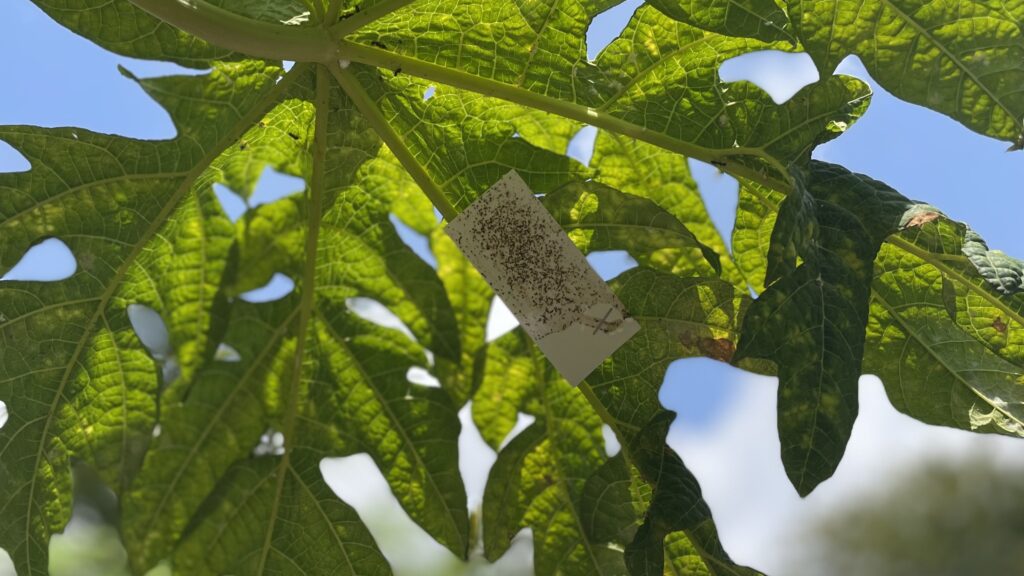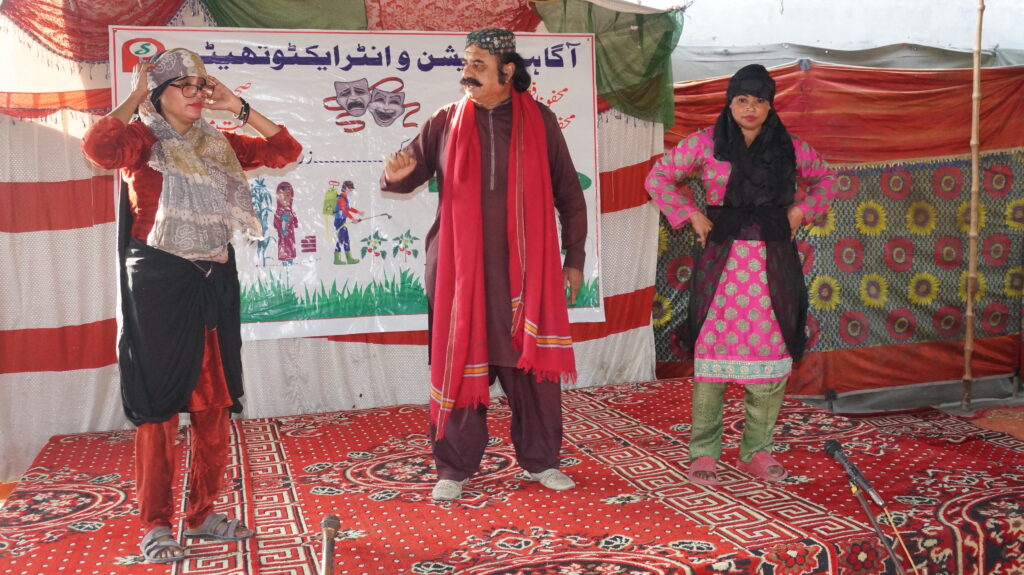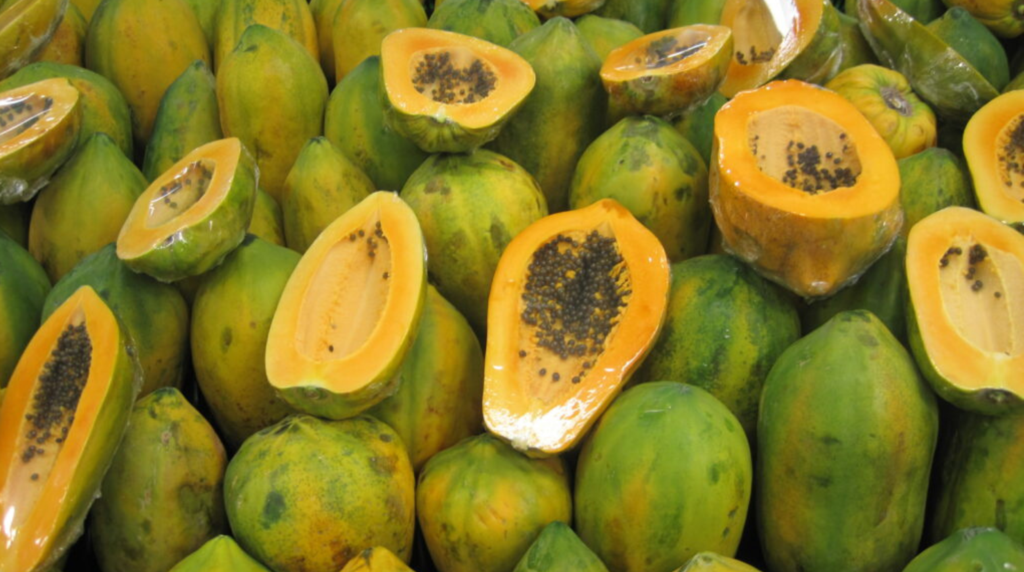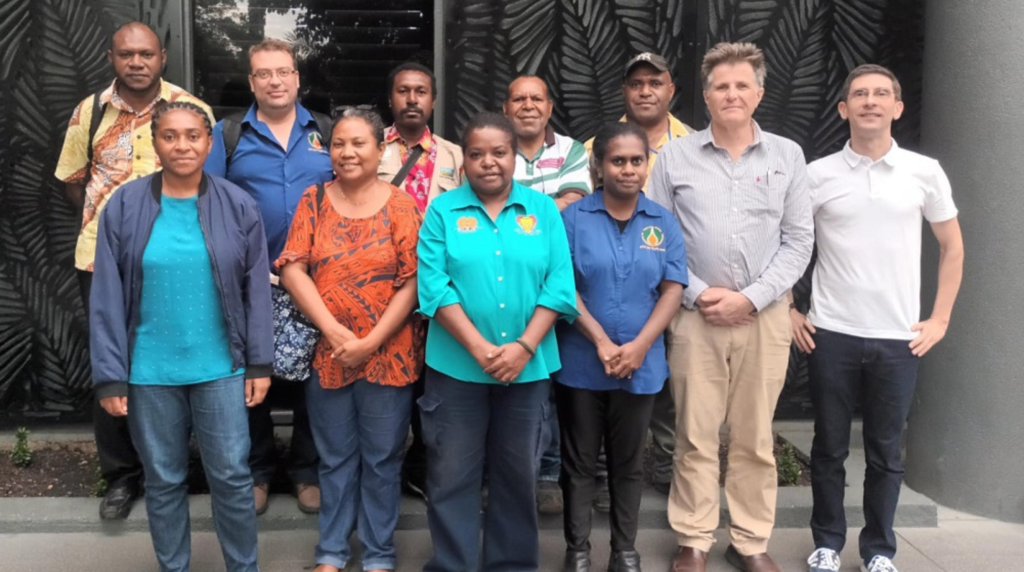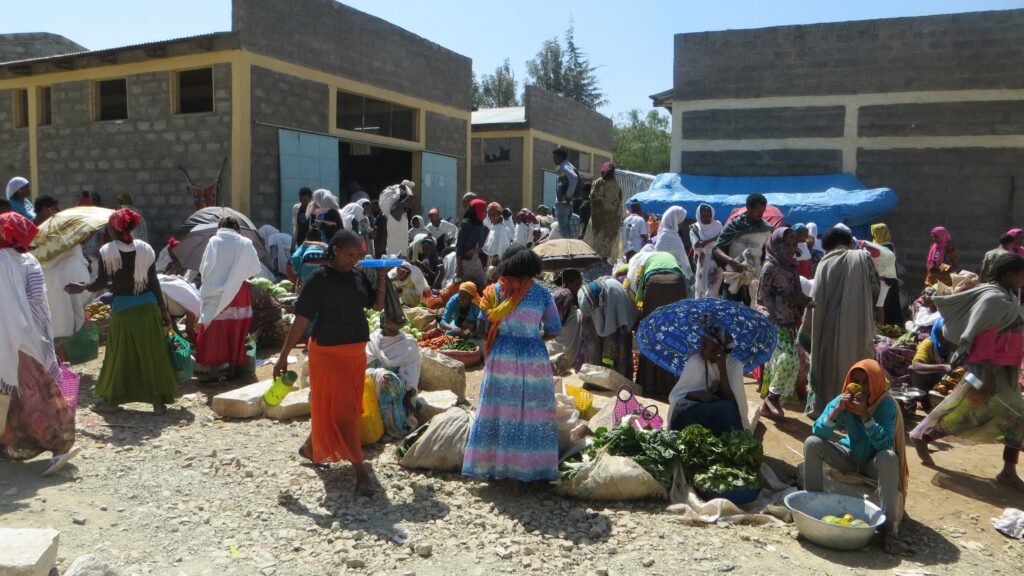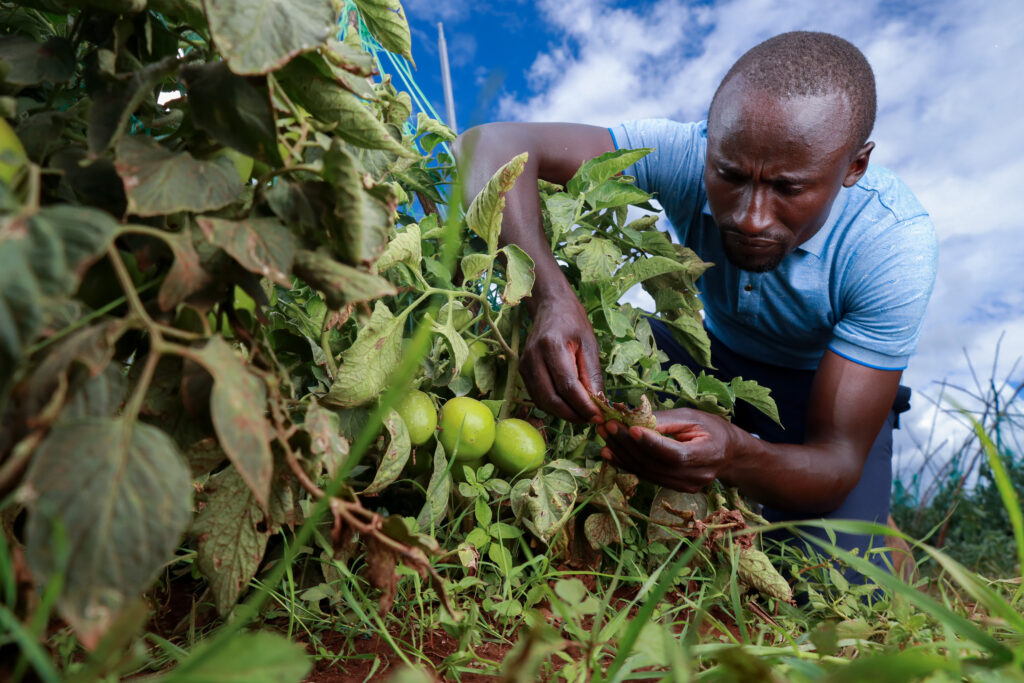Most read blogs of 2024
As 2024 comes to a close, we’ve tallied the numbers to reveal the most read blogs on the PlantwisePlus Blog this year—plus a few firm favourites! Our most read blogs cover crop pest guides, digital tools, and biocontrols for invasive species, highlighting the impactful work we do with smallholder farmers, policymakers, and communities. Did any…
Celebrating success: Zambian smallholders combat cassava brown streak disease
Cassava is a critical crop to Zambia’s economy and food security. According to a 2019 paper, cassava (Manihot esculenta) is one of the most important root staple crops in Zambia. An estimated 30% of Zambians – over four million people – consume cassava as part of their daily diet. Indeed, this crop is so important…
Early pest warnings and IPM advice are improving food security for maize farmers in Ghana
Pest warnings are changing the way that smallholders in Ghana farm. Smallholder maize farmers in Ghana have long grappled with the challenges posed by crop pests. Over the past few years, this has included the notorious fall armyworm. This voracious invader has, in the past, led to significant crop losses. And the losses have impacted…


